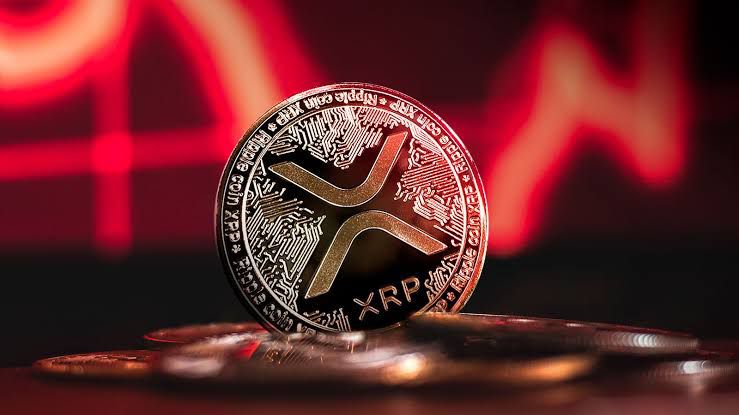Ripple has unveiled an innovative pilot program in Colombia that leverages the XRP Ledger to revolutionize agricultural finance and supply chain transparency for smallholder farmers. In partnership with Mercy Corps Ventures and traceability specialist WËIA, this initiative represents Ripple’s second major pilot of 2024 under its “Unlocking Opportunity” program. The project specifically targets panela producers—farmers creating traditional unrefined cane sugar—and aims to enhance their livelihoods through blockchain-powered solutions that address longstanding challenges in agricultural finance and market access.
The pilot utilizes WËIA’s advanced traceability platform built on the XRP Ledger to create comprehensive digital records of agricultural production from planting to harvest. Each panela product receives a unique QR code containing verifiable sustainability information, directly responding to increasing global demand for transparent food supply chains. The XRP Ledger’s rapid transaction speeds, cost-effectiveness, and carbon-neutral infrastructure provide the ideal foundation for maintaining accurate, tamper-proof records. Additionally, the program introduces an innovative “Farm Now, Pay Later” financing model, enabling farmers to secure necessary inputs upfront while deferring payments until after harvest, effectively addressing the liquidity constraints that have historically hindered agricultural productivity.
Approximately 300 smallholder farmers will participate in this groundbreaking initiative, collectively processing 240 tonnes of panela monthly. Notably, the program demonstrates strong commitment to gender inclusion, with 46% of participants being women—significantly exceeding Colombia’s national average of 26% female agricultural participation. The pilot will evaluate three critical outcomes: whether verified sustainability data translates to premium pricing, if enhanced transparency improves retailer satisfaction, and whether blockchain-enabled traceability fosters more formal agreements between farmers and buyers. This comprehensive approach positions the project as a potential model for scaling blockchain applications across global agricultural markets, potentially transforming how smallholder farmers access financial services and achieve compliance with international sustainability standards.





